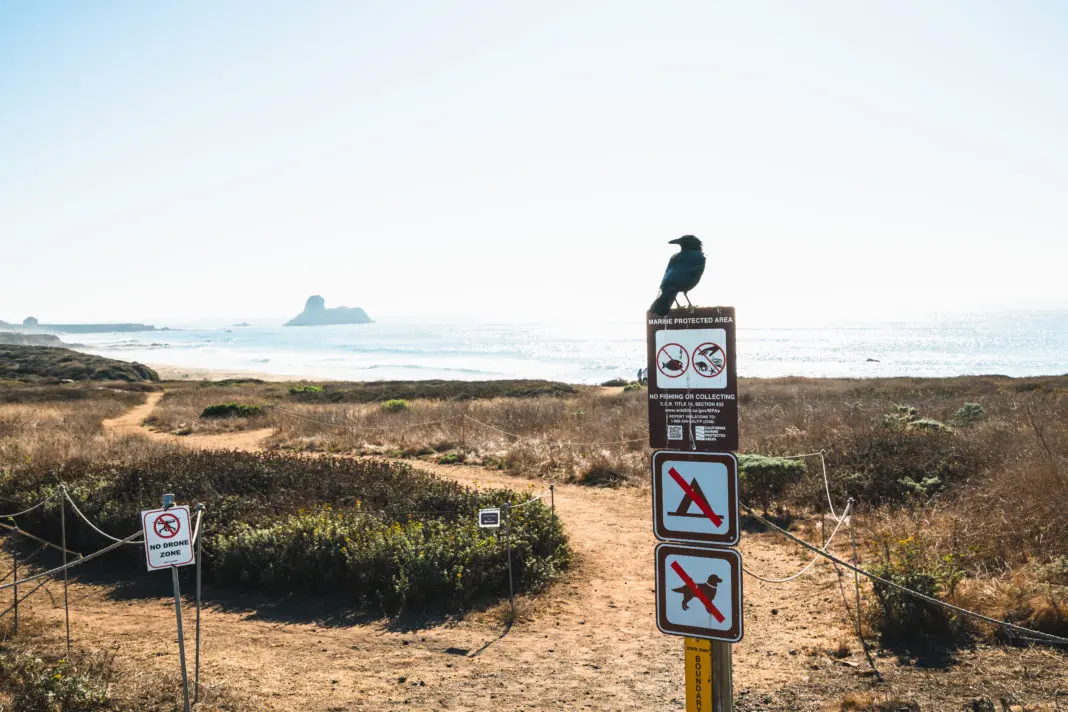Chile, Costa Rica, France, the United Kingdom and the United States recently announced a new global partnership to advance the role of Marine Protected Areas as a nature-based solution in the fight against climate change.
As the Earth’s temperature rises, climate change and ocean acidification are severely and rapidly affecting species, ecosystems and people around the globe, jeopardizing food security, shoreline protection, individual livelihoods, and sustainable economic development, according to the International Partnership on Marine Protected Areas, Biodiversity and Climate Change.
The Partnership, with scientific support from representatives of the International Union for the Conservation of Nature and the Marine Alliance for Science and Technology for Scotland, will work with global leaders to ensure they have the information and tools they need to understand the contribution of MPAs, and the biodiversity they protect, as a solution in helping mitigate and adapt to the effects of climate change on the global ocean.
The government agencies represented in the partnership include the U.K.’s Joint Nature Conservation Committee (JNCC); Chile’s Ministry of the Environment; the U.S. National Oceanic and Atmospheric Administration’s Office of National Marine Sanctuaries; Costa Rica’s Ministry of Energy and Environment (MINAE); and the French Biodiversity Agency (OFB).
According to Professor Dan Laffoley, Marine Vice Chair of the World Commission on Protected Areas at IUCN and an advisor to the partnership:
“All nations rely on healthy marine ecosystems to support life on this planet. Marine protected areas (MPAs) can be an effective nature-based solution for climate change. Nations must act now to protect key ocean habitats and the services the ocean provides to nature and people.”
For more info, go to mpabioclimate.org.

